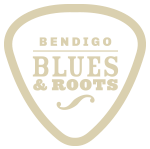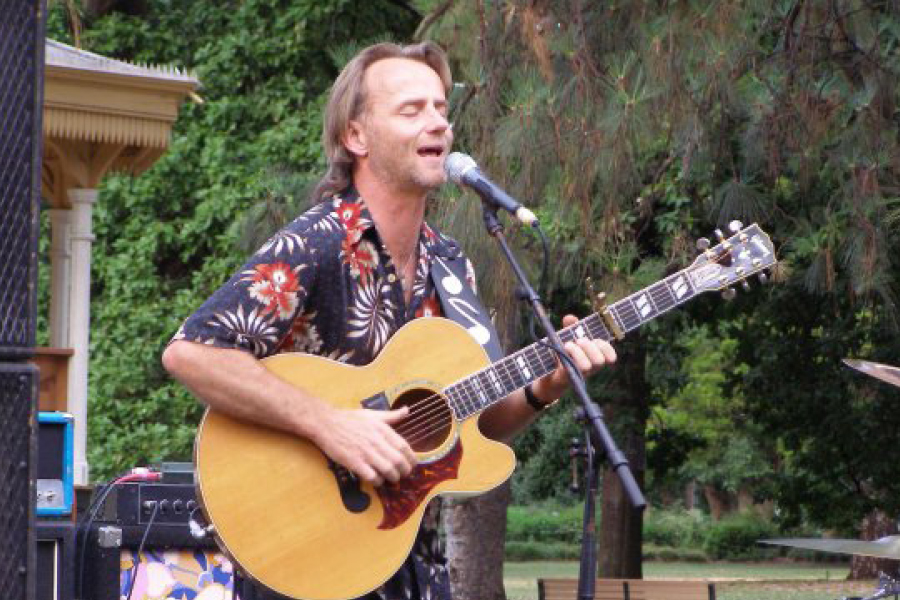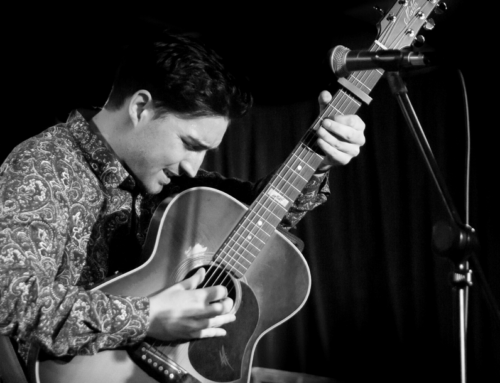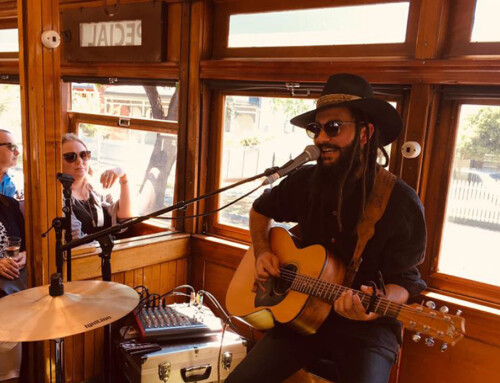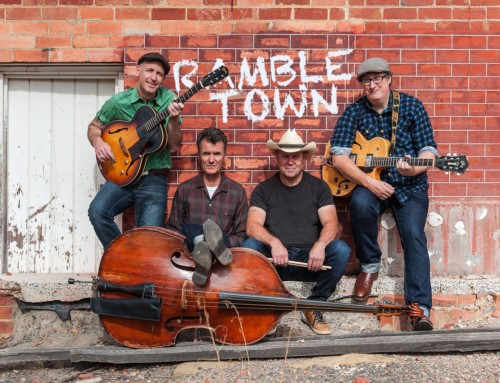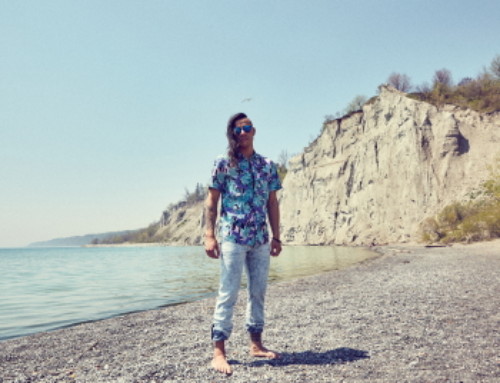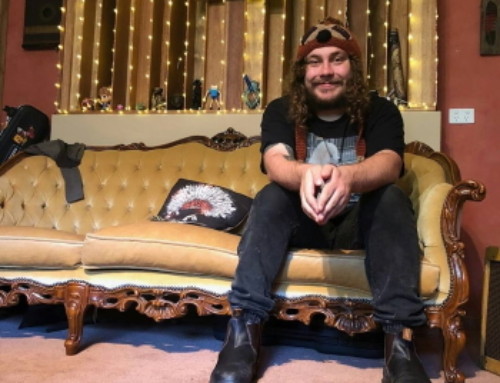Passion, determination, conviction and a really good hat These are the key ingredients for a genuine blues artist, according to a man who would know, the sublime Geoff Achison.
The award winning, gritty yet soulful blues-smith is one of the big signings for the inaugural Bendigo Blues and Roots Music Festival in November. It’s a major coup for the fledgling festival, as Achison’s pedigree is unquestioned.
To go with the swag of awards, he’s represented the Melbourne Blues Appreciation Society at the International Blues Challenge in Memphis, winning the coveted Albert King Award for his guitar skills. He’s appeared on BBC radio and the cover of Blues in Britain in 2009. He’s jammed with the iconic Les Paul in New York City and was invited to join legendary R and B vocalist Delbert McClinton on board his annual Sandy Beaches music cruise. And in 2008, he was voted in Guitar Player Magazine as one of the Top Ten Hot New Guitarists.
Little wonder a typical Achison gig is described as a spectacle, stemming from his belief that a musician should always try to make their instrument of choice, “talk”. “If you think about human conversation, the voices go up, they go down, raised to accentuate the point, lowered to express empathy,” he says “There’s no single method for achieving it but in essence, all music is wanting to communicate.”
From this sense it’s been a full on conversation for Achison for many years, dating back to the family home in Malmsbury. It was under his parent’s stairs when he first began to speak, finding a “beat up” 1950s Bellini guitar. “Has a ‘Harry Potter’ ring to it this story doesn’t it? Achison laughs.
“It had two strings missing and a neck shaped like a banana. “Anyway, for the first three to four years of playing that was my axe. My mum still has it.” It proved to be the first of many self-discoveries for “Acho”. “There weren’t a lot of guitar players around where I grew up,” he remembers. “I did go for a few rudimentary lessons from a guy who showed me how to tune it up and form chords. “From there I was pretty much on my own and picked up a lot from jamming along with Freddy King records.”
His wasn’t a typical musical upbringing however. “Early on I’d say I liked music as much as I liked Lego,” he says. “We all knew the hit songs of the day and watched Countdown on Sunday nights but there were kids much more into music than me at school.“It wasn’t until I was about 16 or so when music began to dominate my every waking moment.”
He gravitated towards the sound of blues, and along the way, invented some of his own techniques, without the aid of pedals or gadgets. “I was never skilled at copying anything I heard,” he says. “Therefore I was never any good in cover bands. “I was however good at jamming along or coming up with my own part.
“I played jazz for a while but I struggled with the complexity of it. “When I heard blues for the first time I instantly knew it was where I belonged. “It got straight to the point. No fancy production, no fancy chords, just a rockin’ groove and plenty of space for the musicians to play it how they felt on any given moment. “Partly perfect for my tastes but also perfect for my limited musical education.”
Achison eventually moved to Melbourne, and became the lead guitarist with blues band Dutch Tilders and The Blues Club. Together with his in Alan Watson’s Jazz Band, Achison learnt the importance of ebb and flow, which is probably why his sound has been described as “delicate one minute, explosive the next”.
After five years of constant Australia-wide touring with Dutch Tilders, he broke away to create the Souldiggers– a band that would eventually pick up the Chain Blues Music Award for Group Of The Year. “The idea was to have a name that described the music and I greatly admired the blues philosophy – tapping into one’s soul for honesty and truth,” he says. “That’s what Souldiggers is meant to convey.”
He formed his own Jupiter 2 Records in 1994 with fellow music enthusiast Nic Quittner, and early recordings, well received by fans and critics alike, encouraged Achison to take his music to other parts of the world. The first destination was the blues homeland of the US in 1995. “As a blues fan it was the natural destination to go in order to learn as much about it as I could,” he says. “Let’s face it, it’s an American art form and so it’s ingrained in the culture. “The most striking difference I think is the incredible enthusiasm that audiences have for the music. “I mean they’re ready to rock right from the get go. They whoop, holler and shout encouragement from the very first note to the last. “For an artist it’s wonderful and really helps you keep the energy up.”
From there it was on to London in 1997, hoping to establish a UK following. He discovered the Brits were a totally different beast altogether. “Total opposite model of behavior,” he says. “They love the music but most audiences turn up to a blues or folk club to ‘listen’. “So once you start playing they all shut-up and listen to every nuance of the performance. “They’ll burst into enthusiastic applause at the end of the piece but not until the last note has completely died away. “It’s incredibly respectful but to be honest I think I prefer the whooping and hollering. “Australian audiences are somewhere in between. “We’ll party with the band alright but will listen a while to be convinced first.”
When he’s watching from the safety of the crowd, the blues will always be number one also. “Don’t get me wrong, I absolutely love jazz, I adore rock music of all kinds and I even have a number of favorite pop groups,” he says. “You can get the same feeing from music no matter what ‘genre’ it is. “The blues for me was simply my portal into the realm of musical expression. “In some other universe it could have been Indian Raga music. It doesn’t really matter. “As a guitarist and singer though, I like to play whatever makes sense for the moment we’re in.”
